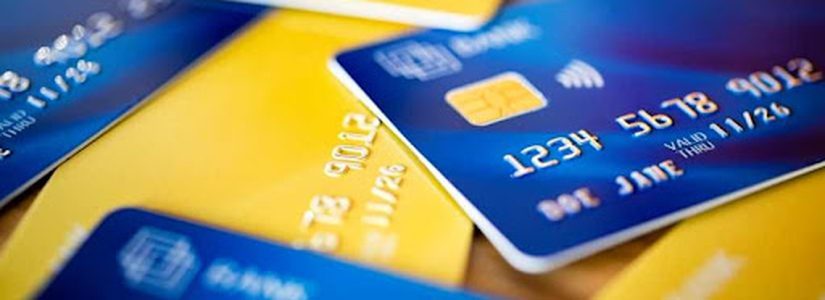The Truth About Credit Card Cash Advances
The concept of cashing out with a credit card refers to methods where individuals convert their available credit into spendable cash. While traditional cash advances are a standard banking feature, alternative cash-out methods often operate in a legal grey area, carrying significant financial and ethical risks. This article explores how these processes work, their potential dangers, and why consumers should approach them with caution.
How Credit Card Cash Outs Function
Credit card cash outs typically involve accessing a card’s available balance and converting it into liquid cash without using official cash advance services. Some methods include purchasing high-value items and reselling them, engaging in peer-to-peer transactions, or using intermediaries who facilitate the exchange for a fee. Unlike standard cash advances, which are regulated and come with disclosed fees, these alternative methods often lack transparency and may violate credit card agreements.
One common approach to 신용카드현금화 involves making transactions that appear legitimate—such as buying goods or services—only to immediately sell them for cash. Another method includes working with third parties who process payments and return a portion of the funds in cash, minus a hefty commission. While these tactics may provide short-term liquidity, they often come with severe financial consequences.
The Risks of Credit Card Cash Outs
One of the most immediate dangers is the high cost. Unlike traditional loans or bank-approved cash advances, which have fixed interest rates, unofficial cash-out methods often involve hidden fees, inflated charges, or percentage-based commissions that can quickly escalate debt. Consumers may find themselves paying far more than expected, with some schemes taking a significant cut of the withdrawn amount.
Another major concern is fraud. Some operators in this space engage in deceptive practices, leaving individuals with no cash and maxed-out credit lines. There have been cases where transactions were reversed after funds were withdrawn, leaving the cardholder responsible for the full amount while the intermediary disappears. Without legal protection, victims have little recourse to recover their losses.
Credit scores can also suffer. Frequent or large cash-out transactions may trigger fraud alerts from banks or credit bureaus, leading to reduced credit limits, account closures, or even blacklisting from future financial products. Since these activities can be flagged as suspicious, they may damage an individual’s ability to secure loans, mortgages, or even employment in finance-sensitive industries.
Legal and Ethical Considerations
While 카드현금화 is not always illegal, most financial institutions explicitly prohibit such practices in their terms and conditions. Engaging in these transactions can be considered a breach of contract, leading to penalties, legal action, or even accusations of fraud. In some regions, regulators have shut down businesses facilitating these services, classifying them as unlicensed lending operations.
From an ethical standpoint, cash-out schemes can trap individuals in cycles of debt. Those who rely on these methods often do so because they lack access to traditional credit, but the high costs can worsen their financial situation. Responsible financial management involves exploring safer alternatives, such as personal loans, debt counselling, or structured repayment plans.
Alternatives to Credit Card Cash Outs
For those in need of immediate funds, there are more secure options than unofficial cash-out methods. Personal loans from regulated lenders typically offer lower interest rates compared to credit card cash advances or high-risk liquidation schemes. Some banks also provide overdraft facilities or short-term credit solutions with clearer repayment terms.
Another approach is negotiating directly with creditors. Many financial institutions offer hardship programs for customers facing financial difficulties, including payment deferrals or adjusted repayment plans. Seeking advice from accredited financial advisors can also help individuals explore structured debt solutions without resorting to risky cash-out schemes.
Final Thoughts
While cashing out with a credit card may seem like a quick solution for financial emergencies, the risks far outweigh the benefits. The combination of high fees, potential fraud, and credit damage makes these methods a dangerous choice for most consumers. Understanding the full implications before engaging in such transactions is crucial to avoiding long-term financial harm.
For those considering credit card cash outs, weighing the immediate benefits against the potential fallout is essential. Exploring legitimate financial assistance options remains the safest and most sustainable way to manage liquidity needs without jeopardising future financial stability.




